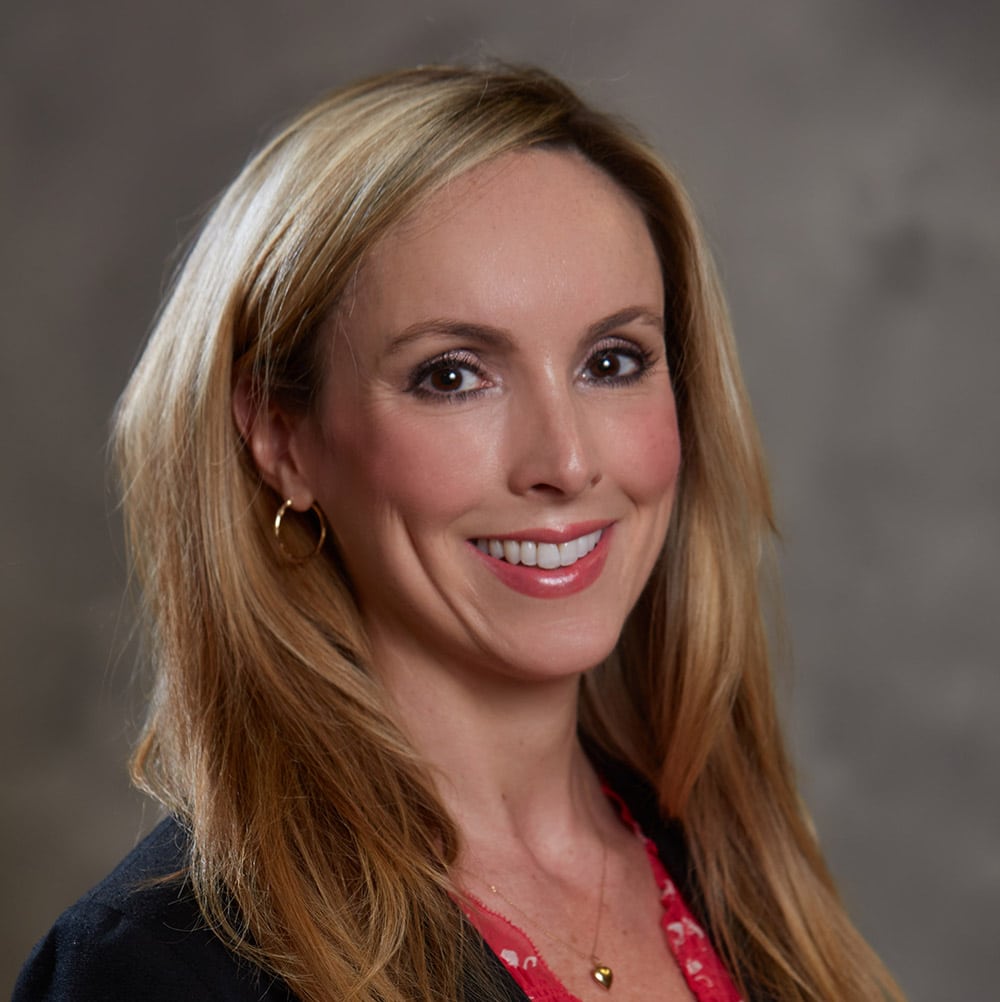
You may be ahead of the game and preparing for the holidays, planning the decor, the menu and outfits. As you revisit your closet, you may find some things that may fit a little snugger than you remember, which is normal. With the world going through a pandemic and during the winter season, many people experience a difference in weight. If you become hyper-focused on your body image, it can result in negative responses such as depression, eating disorders and stress.
Body image is not exclusive to a particular group of people, such as teenage girls; it affects everyone. Social media does not aid in a healthy body image as images of altered bodies are posted everywhere as ‘ideal’. Consuming such types of media promotes an unattainable and unrealistic sense of what is acceptable and makes you more self-conscious of your own flaws.
During the holidays, it is wise to be mindful of conversations and the context in which such manners are discussed. Comments such as “You need to put some more meat on your bones!” or “Don’t you think that shirt is a little tight?” are not welcomed and can be taken as criticism. These comments are not an appropriate dinner conversation or a topic discussed in general. Such pressure from family members can lead to severe psychological and physical changes such as eating disorders.
If you’re struggling with your body image and a topic of conversation comes up about yourself or another family member or friend, remember these pieces of advice:
- Be firm with your boundaries, especially with loved ones. Change the topic of the conversation when the current conversation is not healthy in maintaining good mental health and body image.
- Don’t pressure yourself into deciding what are ‘good’ and ‘bad’ foods.
- “No” is a sentence. You do not have to explain yourself if you do not wish to partake in a conversation or are uncomfortable with a topic related to your body image. This includes saying no to certain activities or being around certain people if it is not what is best for you.
If you have concerns, such as drastic weight changes in a short amount of time, speak with your primary care provider. They can refer you to another specialist such as a dietitian or a professional counselor.
Don’t have a primary care provider? Visit UofL Physicians – Primary Care today and use our Provider Finder to pick a location near you.
UofL Health – Peace Hospital has an Assessment and Referral Center that offers no-charge level-of-care assessments 24/7. You can also contact the 24-hour 988 Suicide & Crisis Lifeline. Just dial 988.
Use this document on Eating Disorders and Holidays to learn more.









